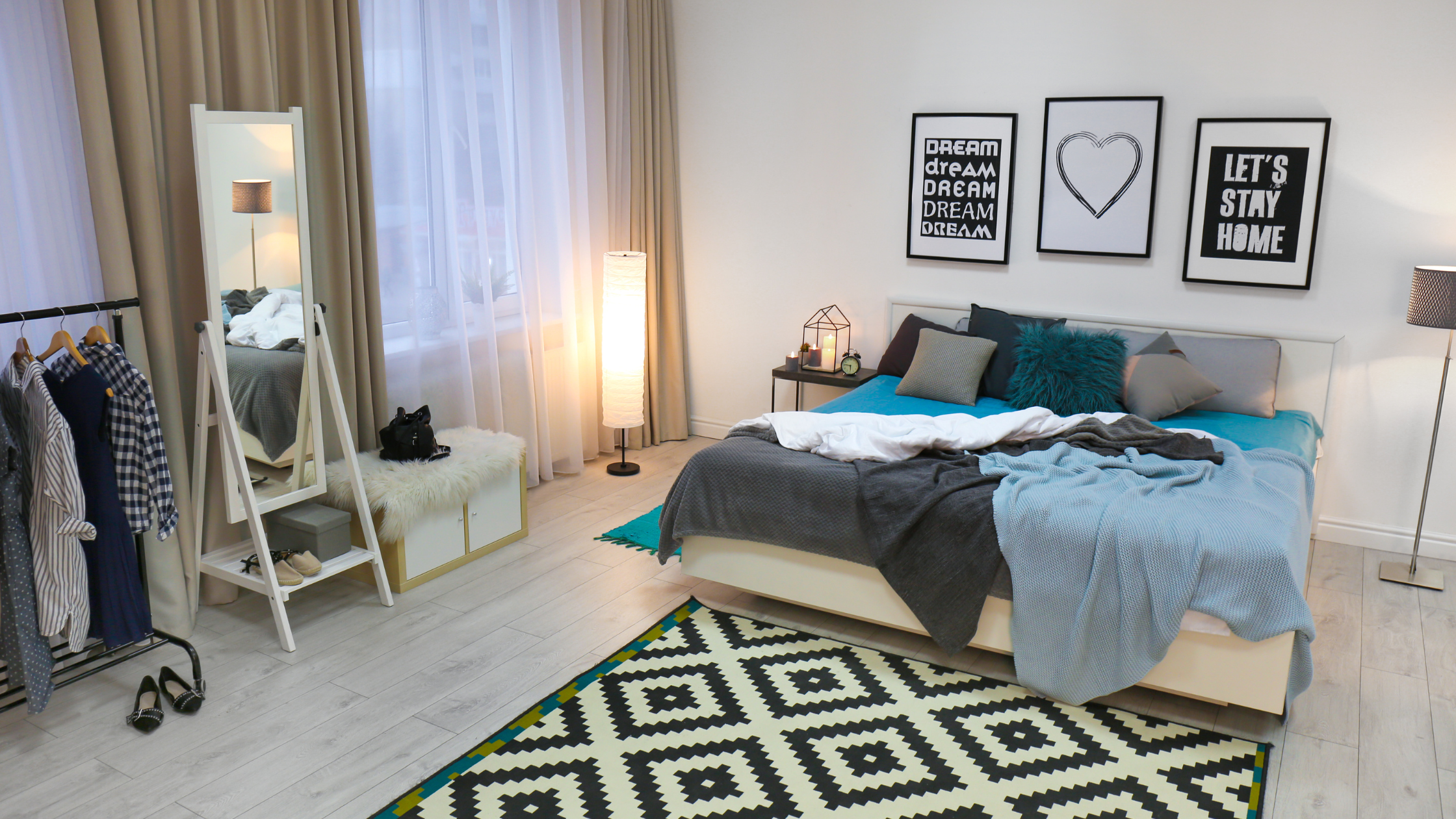
Sleep is a vital component of our overall health, especially for teenagers who are undergoing rapid physical, mental, and emotional changes. Yet, many teens grapple with sleep issues due to various factors, one of which is the sleep environment. Creating a conducive sleep environment can significantly enhance the quality of sleep. Here's a deep dive into the basics every teenager should know.
Understanding the Importance of Sleep for Teens
Teenagers often juggle schoolwork, extracurricular activities, social engagements, and part-time jobs. With so much on their plates, sleep might seem like a low priority. However, adequate sleep is crucial for:
- Cognitive function and academic performance
- Emotional regulation and mental well-being
- Physical growth and development
- Immune system function
The Essentials of a Good Sleep Environment
A comfortable and supportive mattress is essential for promoting good sleep and ensuring that both partners can rest peacefully. Consider investing in a high-quality mattress that accommodates different sleep preferences, such as firmness levels and motion isolation, to create a harmonious sleep surface for both partners.
Creating a Sleep-Friendly Bedroom Environment
Darkness
Melatonin, the hormone responsible for regulating sleep, is produced in darkness. Ensure the room is dark by using blackout curtains or an eye mask.
Quietness
Noise can disrupt sleep, so consider using earplugs, a white noise machine, or playing soft, calming music.
Comfortable Temperature
A cooler room, around 60-67°F (15-19°C), is generally conducive for sleep. Adjust blankets and pajamas accordingly.
Comfortable Bedding
Invest in a good mattress and pillows that offer adequate support. The right bedding can make a world of difference in comfort.
Limit Screen Time Before Bed
The blue light emitted by phones, tablets, computers, and TVs can interfere with the body's production of melatonin. Aim to avoid screens at least an hour before bedtime. Instead, engage in calming activities like reading a book, practicing deep breathing, or journaling.
Establishing a Regular Sleep Schedule
Consistency is key. Try to go to bed and wake up at the same time every day, even on weekends. This helps regulate your body's internal clock, making it easier to fall asleep and wake up naturally.
Limit Caffeine and Sugary Drinks
While it might be tempting to grab a soda or energy drink to power through the day, these beverages can interfere with sleep. Limit caffeine intake, especially in the afternoon and evening, and opt for water or herbal teas instead.
Create a Relaxing Bedtime Routine
Developing a pre-sleep routine signals to your body that it's time to wind down. This could include:
- Taking a warm bath or shower
- Practicing gentle stretches or yoga
- Listening to calming music or guided meditations
- Dimming lights and engaging in low-key activities
Seek Help if Needed
If despite creating a conducive sleep environment, you're still facing sleep issues like insomnia, excessive daytime sleepiness, or irregular sleep patterns, it might be a good idea to consult with a healthcare professional. They can provide guidance tailored to your individual needs.
Conclusion
Sleep is a fundamental aspect of teenage health and well-being. By understanding and implementing these sleep environment basics, teenagers can set themselves up for restful nights and productive days. Prioritizing sleep isn't just about feeling refreshed; it's about investing in a healthier, happier future.
If you or someone you love are continuing to have sleeping trouble, that may be a sign of an underlying problem. Please click the orange button below to take a free online sleep test and talk with one of our sleep health professionals.

